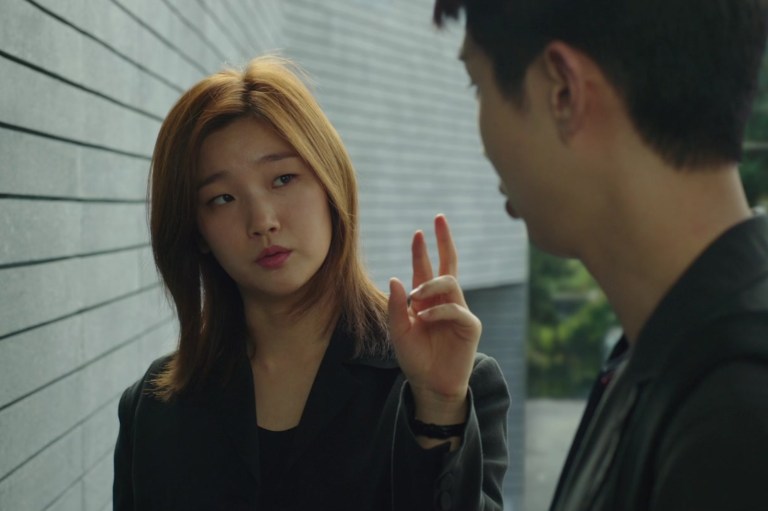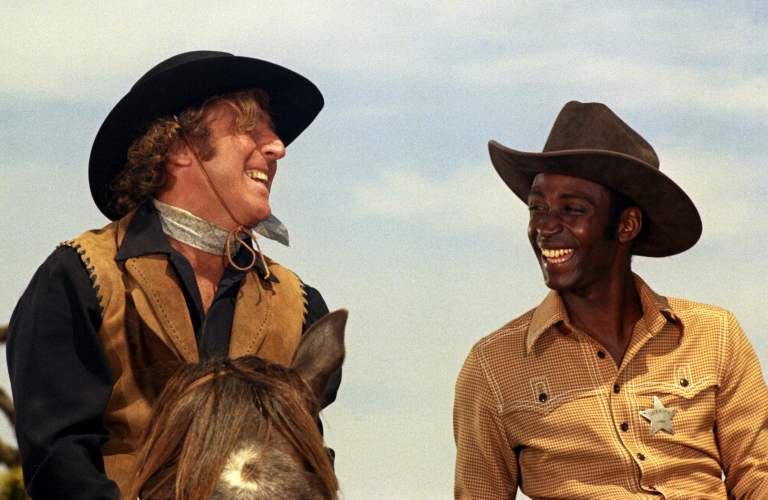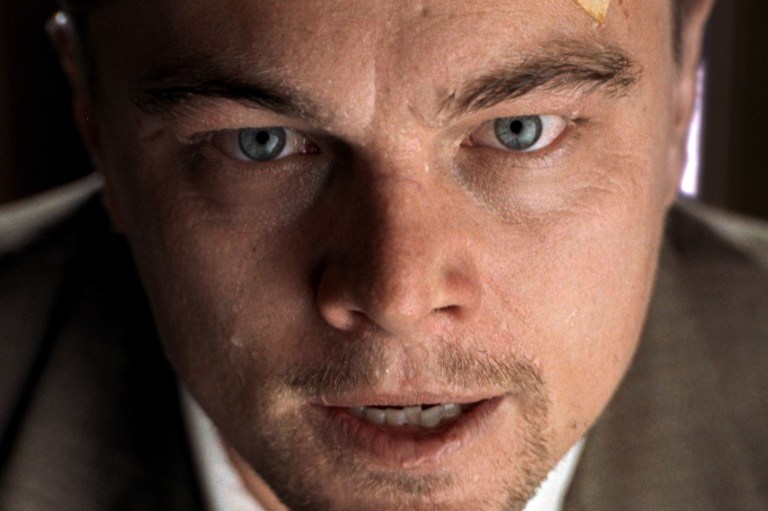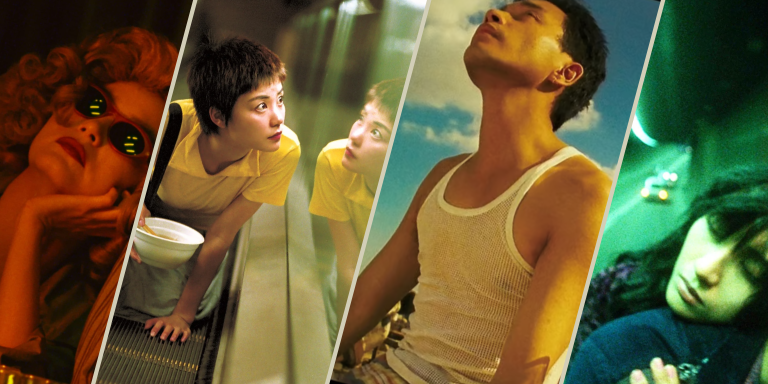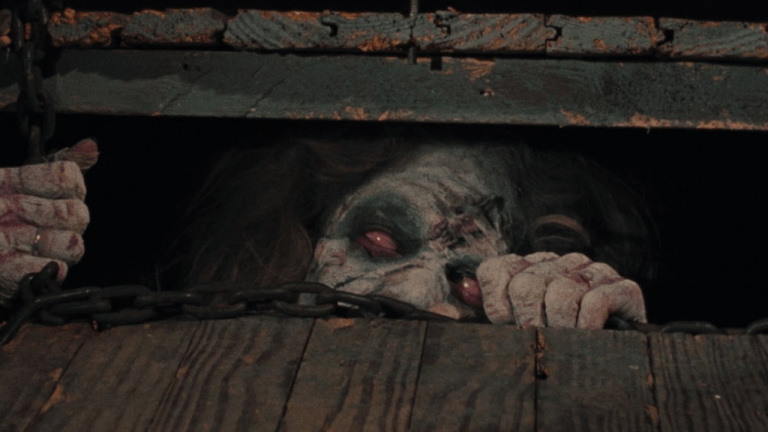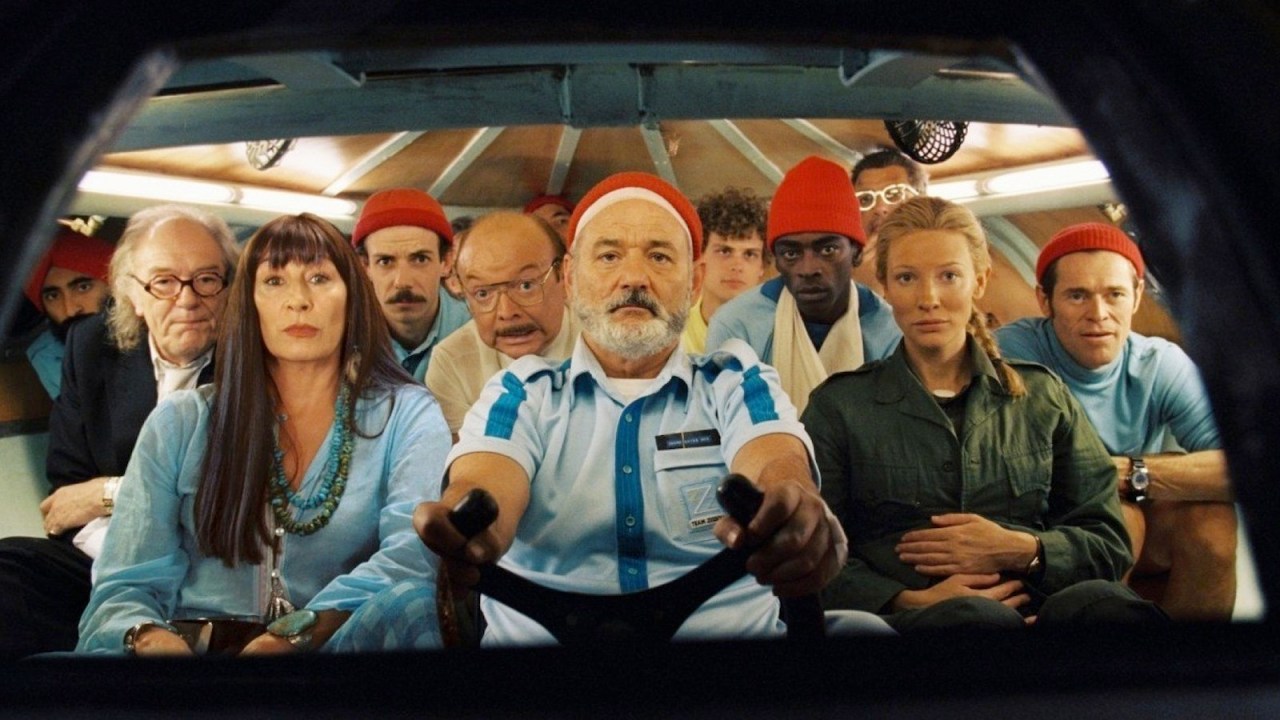
The 7 Best Wes Anderson Movies, Ranked
With gorgeously aesthetic cinematography and a memorable style, these are the best movies by Wes Anderson.
Visionary directors are a dime a dozen, but only a few have designed their own idiosyncratic style to the same extent as Wes Anderson.
Since entering the film industry in the mid 1990s, Anderson has purposefully created a unique thematic and visual style that can only be accurately described as “Wes Andersonian.” Favoring symmetrical camera angles, bright color palettes, and an extensive reliance on practical effects, Anderson has garnered widespread attention for his indelible cinematic creations, culminating in various accolades at the BAFTAs, Golden Globes, and Academy Awards, among many other global institutions.
From meticulous stop-motion animated films to seafaring comedic adventure movies, here are some of Wes Anderson’s greatest films to date, ranked in order from worst to best.
Isle of Dogs (2018)
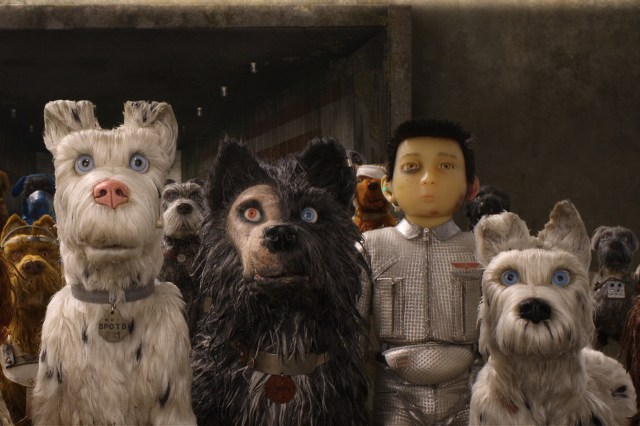
Having successfully utilized stop-motion animation with his earlier Fantastic Mr. Fox, Anderson drew on his own fantastical story with 2018’s Isle of Dogs. Incorporating his love for classic Japanese cinema and Rankin/Bass TV specials, Anderson presents an unforgettably creative subversion of the dystopian genre with Isle of Dogs. In spite of all its sumo wrestling, poisoned sushi platters, villainous government officials, and feral bands of dogs, however, Isle of Dogs never loses its sense of human emotion, pulling on viewers’ heartstrings in more than a few places.
The Royal Tenenbaums (2002)
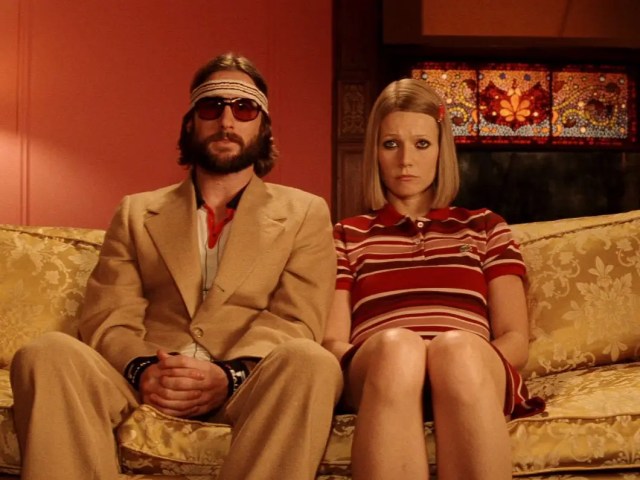
Many of Anderson’s most well-known films focus on family, relationships, and the occasional struggle to connect with our emotionally distant loved ones. Nowhere are these ideas on fuller display than 2002’s The Royal Tenenbaums, a roving comedy drama detailing a family’s efforts to come closer together. Establishing what might very well be his most colorful cast of characters yet, Anderson shows off his clear propensity for mixing grounded themes with otherwise outlandish situations in The Royal Tenenbaums, leaving little reason to wonder about the film’s favorable reputation today.
Life Aquatic with Steve Zissou (2004)
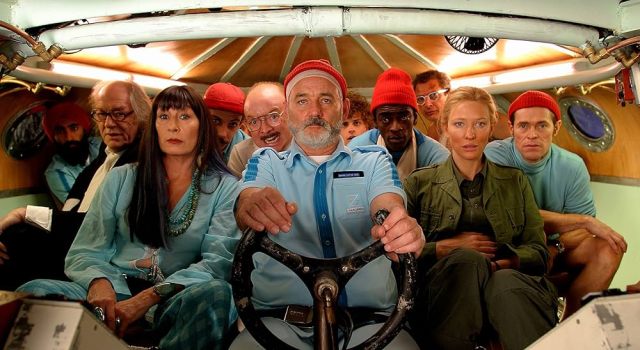
Anderson’s first – and so far only – career shortcoming came with 2004’s Life Aquatic with Steve Zissou. Earning a multitude of mixed reviews at the time of its release, modern viewers have long since reappraised Steve Zissou, citing it as one of Anderson’s single finest achievements as a director. Dovetailing a luminous aquatic color scheme with splendid visual effects and a first-rate cast, Steve Zissou unfolds with the jovial complexity of Anderson’s best films, complete with an existential Bill Murray in the title role.
Rushmore (1998)
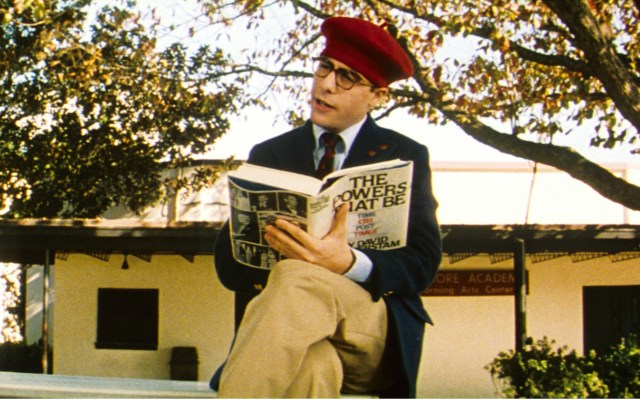
The film that launched Anderson to new heights in the film industry, Rushmore also illustrated Anderson’s gradual transformation into a more confident director. After earning standout acclaim with his debut film Bottle Rocket, Anderson introduced numerous filmmaking characteristics that quickly became associated with his name on Rushmore, including an increased dependence on static camera angles and stronger, almost literary characterization. In this sense, while some might view Rushmore as an interesting career segue for Anderson, it’s also worth pointing out how singularly terrific Rushmore is when judged on its own artistic merits.
Fantastic Mr. Fox (2009)
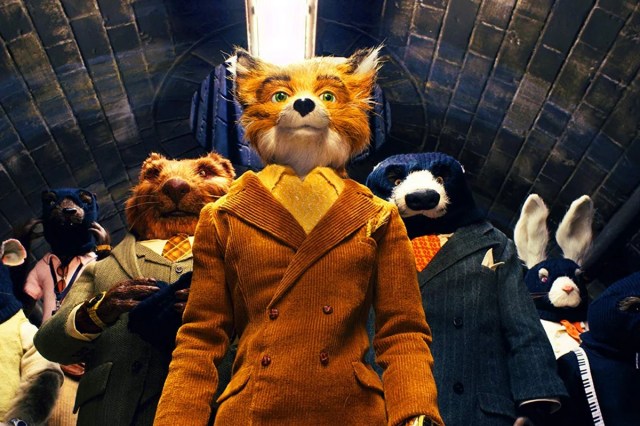
After years spent toying with stop-motion animation techniques, Anderson elected to make his first feature-length stop-motion film with 2009’s Fantastic Mr. Fox. The first of several Roald Dahl adaptations overseen by Anderson, Fantastic Mr. Fox may not feature an original story by Anderson, but Dahl’s underlying narrative seemed to go hand-in-hand with Anderson’s greatest sensibilities as a storyteller. An ideal starting place for all those new to Anderson’s filmography, it’s an imaginative children’s movie capable of entertaining the whole family.
Moonrise Kingdom (2012)
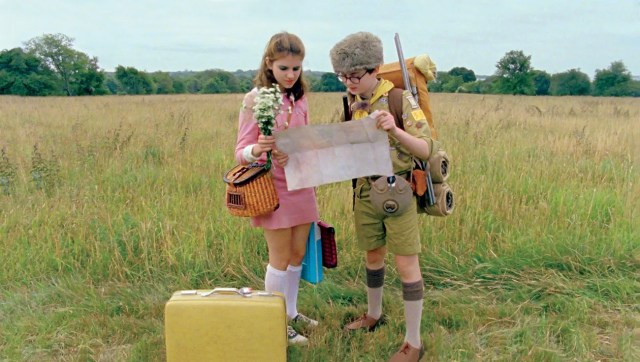
Anderson has long taken a nostalgic view of adolescence, frequently exploring children’s tentative first steps into the murkier world of adulthood. With Moonrise Kingdom, the filmmaker focuses on this concept more fully, zeroing in on two young lovers escaping the overbearing adults in their lives. Providing a painstaking recreation of 1960s New England, watching Moonrise Kingdom somehow returns viewers to the twilight days of their own youths, encouraging them to think back on their initial encounters with love, teenage friendships, and their first conflicts with the parental figures dictating their young, inexperienced lives.
The Grand Budapest Hotel (2014)
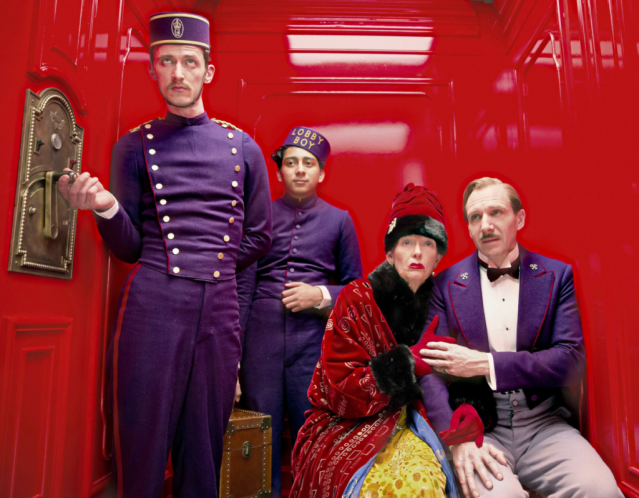
Even the most dedicated detractors of Anderson’s work can find something to love about The Grand Budapest Hotel. A stylish love letter to the novels and short stories of Stefan Zweig, Anderson not only creates his own fictional setting in Grand Budapest – he literally engineers an entire national history, along with an expansive cast list that reads like a who’s who of the contemporary film industry. Through this dedicated artistic commitment, The Grand Budapest Hotel rises to the forefront of Anderson’s filmography, paving the way to a modern classic sure to be studied, analyzed, and thoroughly enjoyed for years to come.
